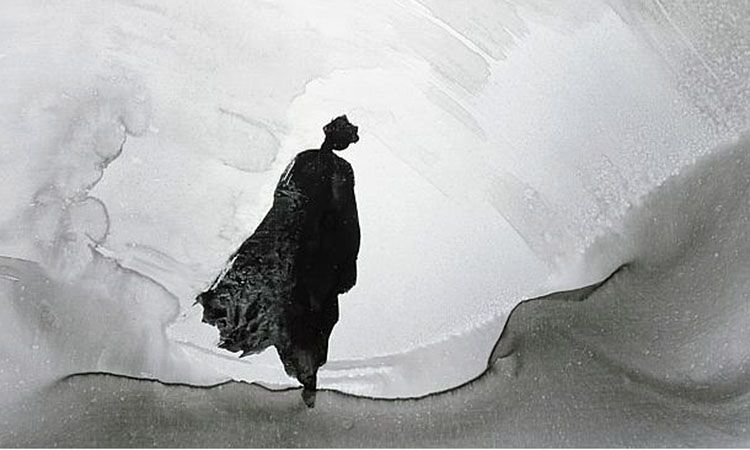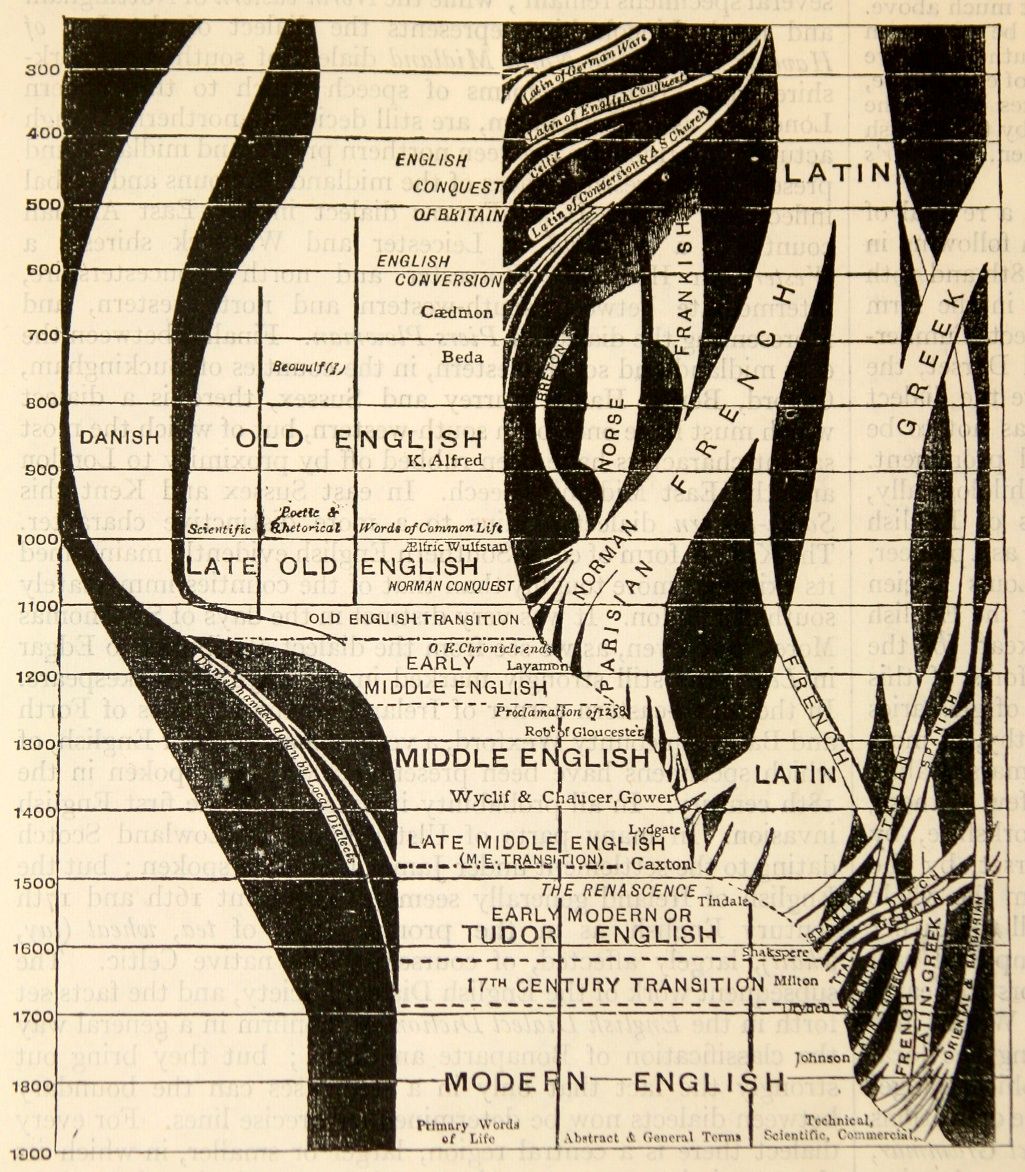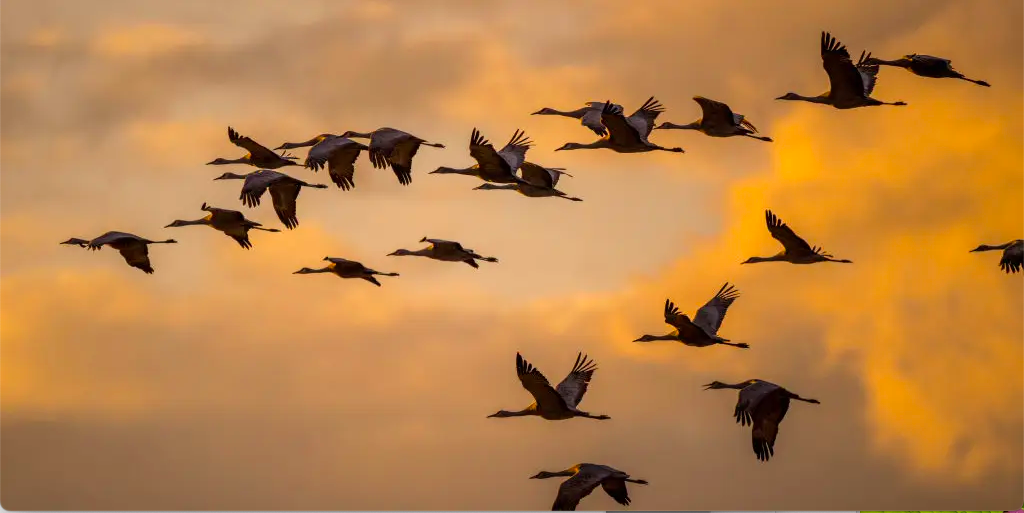This course gives students a survey of the history of the English language from the 5thcentury up to the 21stcentury. The course aims to introduce students to the development of the English language with dynamic interaction with its socio-historic context within and outside Britain.
- Teacher: Sandani Abeywardena
- Teacher: Rasudula Dissanayake
- Teacher: Ravihari Ravendra Kumar
Course Description
This course will introduce students to the work of selected Metaphysical and Neoclassical poets. It will engage with the Metaphysical poetry of John Donne, George Herbert and Andrew Marvell, while the Neoclassical poets considered will be John Dryden and Alexander Pope. Close attention will be paid to the distinctive features of Metaphysical and Neoclassical poetic styles, such as the Metaphysical conceit and the Neoclassical heroic couplet. Classes will also engage with the social, political, and literary contexts that influenced the production of both Metaphysical and Neoclassical poetry.
Students will also be expected to engage with and respond to critical perspectives and arguments about Metaphysical and Neoclassical poetry.
Learning Outcomes
1. Critically engage with the texts in terms of the socio-political, historical, and literary background in which they were produced
2. Critically examine the ideologies/trends that informed the writing of the texts and evaluate how they are constructed/inscribed in and through the literary texts of the period
3. Distinguish and appraise the significant literary features and styles that characterize the writing of the period, particularly the Metaphysical conceit and the Neoclassical mock-heroic style
4. Critically explore and analyse the relationship between poems
5. Critically engage with and respond to critical perspectives on the texts
6. Design and write an effective term paper or examination answer on a relevant topic
7. Deliver an oral presentation on a relevant topic
2. Introduction to the significant genres, literary features, styles and modes of literary criticism of the period
3. Reading and responding to critical opinions on Metaphysical and Neoclassical poetry
4. Critical reading of Metaphysical poets (Donne, Herbert, Marvell)
5. Critical reading of Neoclassical poets (Dryden, Pope)

- Teacher: DINITHI KARUNANAYAKE
- Teacher: Ruhanie Perera
- Teacher: Ravihari Ravendra Kumar
- Teacher: Sachini Seneviratne
- Teacher: Shermal Wijewardene

- Teacher: Rasudula Dissanayake
- Teacher: Ravihari Ravendra Kumar
- Teacher: Esther Surenthiraraj
- Teacher: Ruhanie Perera
- Teacher: Rasudula Dissanayake
- Teacher: NELUKA SILVA
Medium of Instruction: EM
Name of Lecturer(s) : Ruhanie Perera
Course Description:
Migration is a complex global phenomenon today, and the course focuses on the migrant experience as they have been portrayed in literature, films, performances, documentaries, art installations and essays. These creative works draw on key historical events that have led to migrations and re-settlement. The migration narratives are approached as discourses – writing that emerges from social, cultural, and political contexts, and therefore provide insights into the author’s engagement with global disparities, multiculturalism, the role of new media in expressing identity politics, the politics of re-settlement, and the location of the individual in relation to community.
Learning outcomes:
On successful completion of the course, students will be able to:
1. Critically engage with the issues related to migrant experiences and migrant writing and to apply what is learnt in class to the contemporary world.
2. Read and analyse selected literary texts of migrant writing at some depth, and discuss the writing in terms of key themes, narrative styles, form and approach, critical concepts and the politics of representation.
3. Critically use some key concepts and essays on migration and migrant literature.
4. Engage as informed discussants on a range of contemporary migrant experiences.

- Teacher: Ruhanie Perera